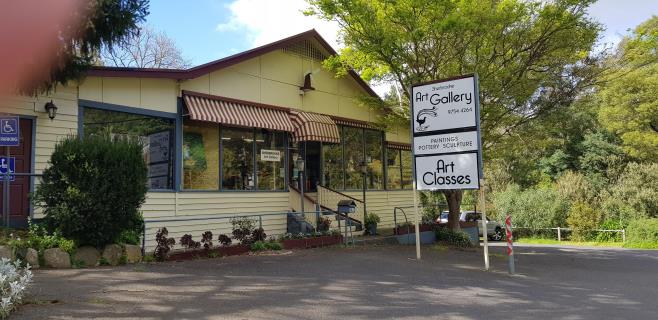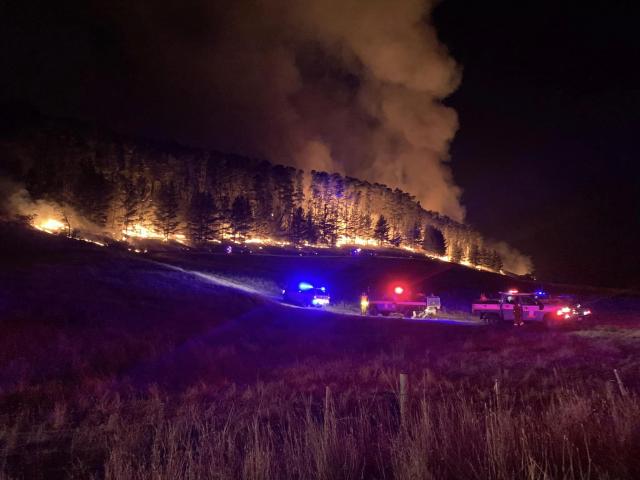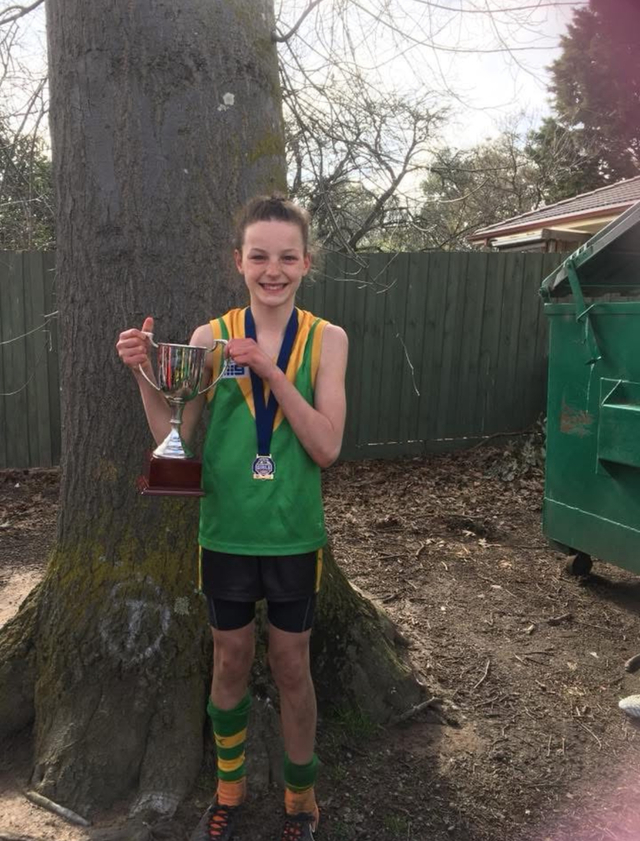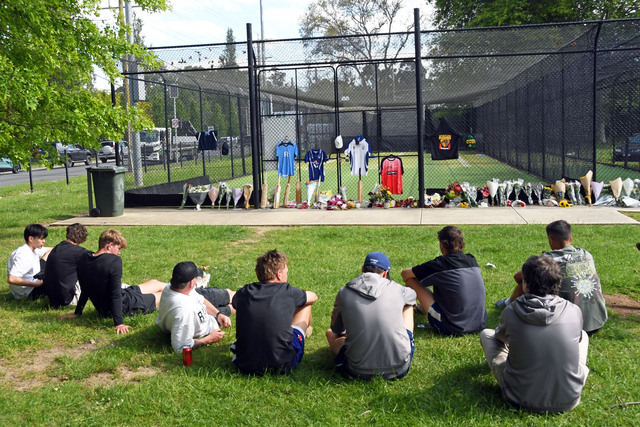This is the third in a series of three articles featuring the 2022 Cities of Literature Meeting hosted by Melbourne, our own UNESCO City of Literature since 2008.
At the 2022 Cities of Literature Network Meeting in Melbourne, representatives from cities around the world discussed the important question: “How will the last five years impact your next five years?”
At the “Reader Development” Roundtable, participants discussed action plans to sustain organisational growth and their advocacy to government, promote reading and literacy, facilitate reader participation and interaction, and enhance diversity, equity and inclusion in the distribution of access and resources. Equally critical is to gather and understand data that facilitate the implementation of all these plans.
A great variety of insights and perspectives were shared. For example, Dominique Lemieux from Quebec highlighted the city’s efforts to “go to the public to find the reader”, inviting not only teachers and librarians but also doctors and nurses to serve as “reading ambassadors”. Damjan Zorc from Ljubljana also reported how coupons and word games were used to connect with families and young readers in that city.
Carmen Casares from Granada explained how Spain is hard at work bridging community and culture via theatre. Through the renowned Festival of Puppet Theatre “Quiquiriquí”, the city connects citizens with artists, providing visibility and training to emerging talents while facilitating their dialogues with more established and experienced colleagues.
In terms of meeting readers where they are, Natalie Mason from City of Melbourne Libraries presented an excellent example.of providing community-driven collections and programs through a series of “pop-up libraries”.
Designed to support present and future readers as Melbourne emerges from lockdown, the initiative sets out to establish eight themed libraries across the city for a period of 12 months. Among these is the “Feed Your Mind” library at Queen Victoria Market, which features books,
author talks and workshops focused on good food. Meanwhile, the library at Federation Square encourages kids to explore worlds of fiction, science and history. The Express Book Bar in Little Collins Street offers popular business, cooking and travel titles to those “needing a book in a hurry”, while the Lygon Street Biblioteca invites readers to peruse its collection of bestsellers, new fiction and classic titles.
In terms of reader feedback, different organisations have their own ways to understand and cater for public needs. For example, the Dublin International Literary Award invites readers across the world to nominate a novel written in English (or in English translation) through their libraries. In Norwich, a community-led advisory group works with an artist-led panel to assist the board of the National Centre for Writing.
In Dunedin, the New Zealand Young Writers Festival works with presenters and participants to ensure a safe environment is provided for young people wanting to try “something new and unfamiliar”. In Melbourne, Kids’ Own Publishing co-creates and publishes books by kids for kids so that young people can help determine “who is making the decision” and “whose voice gets celebrated”.
Finally, both Australian Poetry and PEN Melbourne emphasised the importance of honouring reader safety and sensitivity – not just showing awareness of feedback, but to demonstrate efforts to respect and willingness to change.







